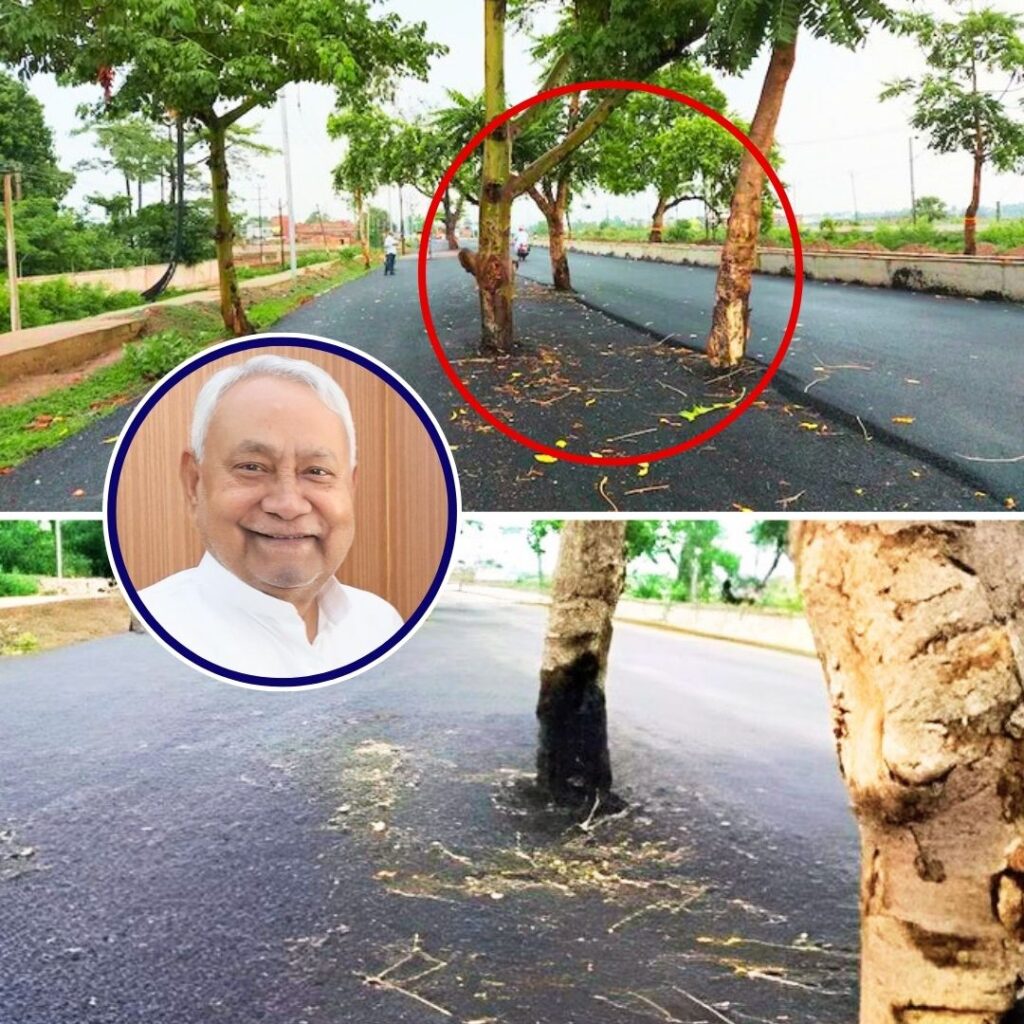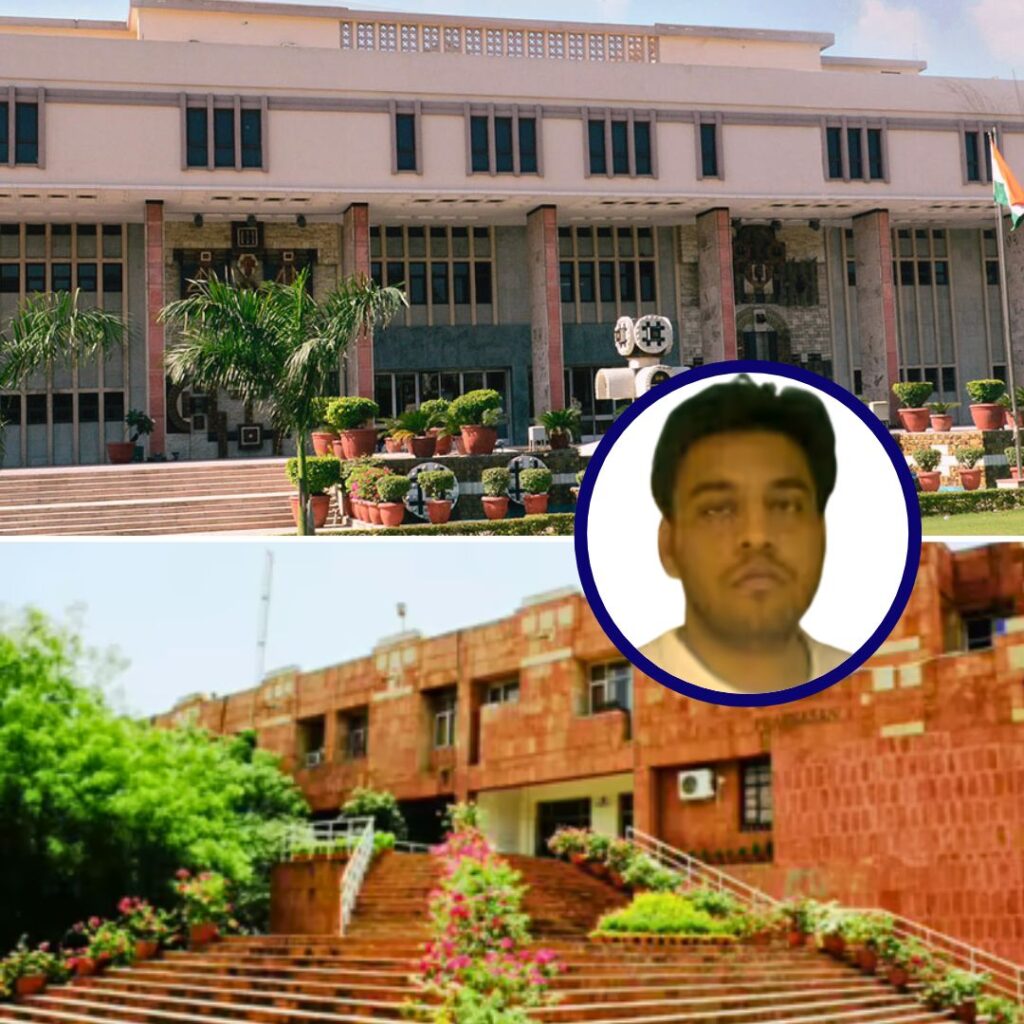In an aim to make the country become free of single-use plastic by 2022, the Centre has taken an important step in keeping a tab on the growing use of plastics and generation of plastic waste on March 1. The government has finally fixed the loophole which allowed the import of solid plastic waste/scrap in special economic zones (SEZ) and by export-oriented units (EOU) despite a partial ban in 2016, reported The Times Of India.
The move is welcomed by the environmental activists and animal lovers. Understanding the country’s waste generation and the capacity of it to recycle, the central government finally amended the Hazardous and Other Wastes (Management & Transboundary Movement) Rules, 2016.
The Environment ministry plugs the loophole
The Ministry of Environment, Forest and Climate Change (MoEFCC) in an order made public on March 6, said, “Solid plastic waste has been prohibited from import into the country including in Special Economic Zones (SEZ) and by Export Oriented Units (EOU).” According to a report by The Times Of India, India generates 25,940 tonnes of plastic waste every day. The main reason is that because there is no adequate capacity of recycling of plastic waste in the country, a huge quantity of such hazardous waste remains collected, causing substantial damage to soil and water bodies. A study done by the Central Pollution Control Board (CPCB) said that 10,376 tonnes (40%) of the 25,940 tonnes of plastic waste per day are not collected.
White category of industries to handover hazardous waste to authorised users
In other amendments in the rules, the ministry has asked the white category of industries (practically non-polluting or very less polluting) to flush out hazardous waste generated in their units to authorised users, waste collectors or disposal facilities. Generally, white category industries cover 36 industrial sectors like air-coolers, air-conditioners, metal caps, biscuit making, chalk-making, handloom, and others
Apart from these, the amendments have also introduced new changes in trans-boundary movement of electrical and electronic components and silk waste. This means the exporters of silk waste are now exempted from seeking ministries permission. In a similar way, electrical and electronic assemblies and components manufactured in and exported from India can import back in the country if found defective, without requiring permission from the environment ministry.
The ministry further said that this amendment was done to boost the ‘Make in India’ initiative and to uphold the principles of sustainable development and ensuring minimal impact on the environment.
The Logical Indian Take
We welcome the move done to protect our environment. We ask our readers to try to reduce the use of plastics as in the long run, it will help us to rid of plastics. We appreciate this positive amendment and hope that India will get rid of single-use plastic by 2022.
Also Read: 4 Years In Jail Or $40,000 Fine: Kenya Enacts World’s Toughest Plastic Ban











